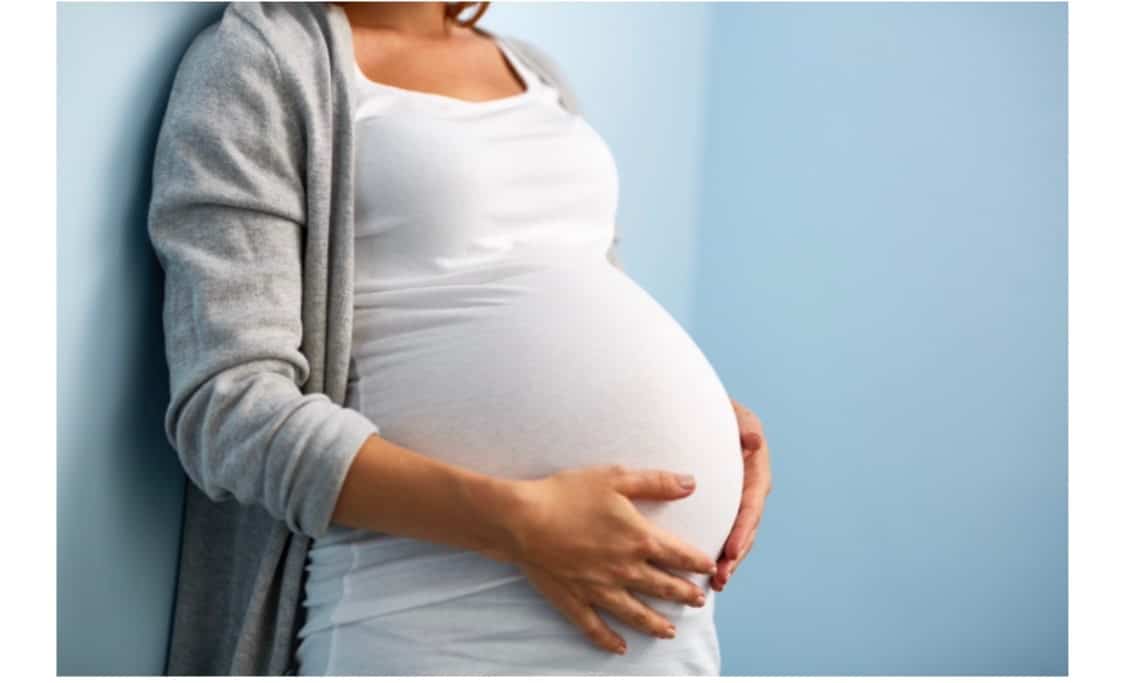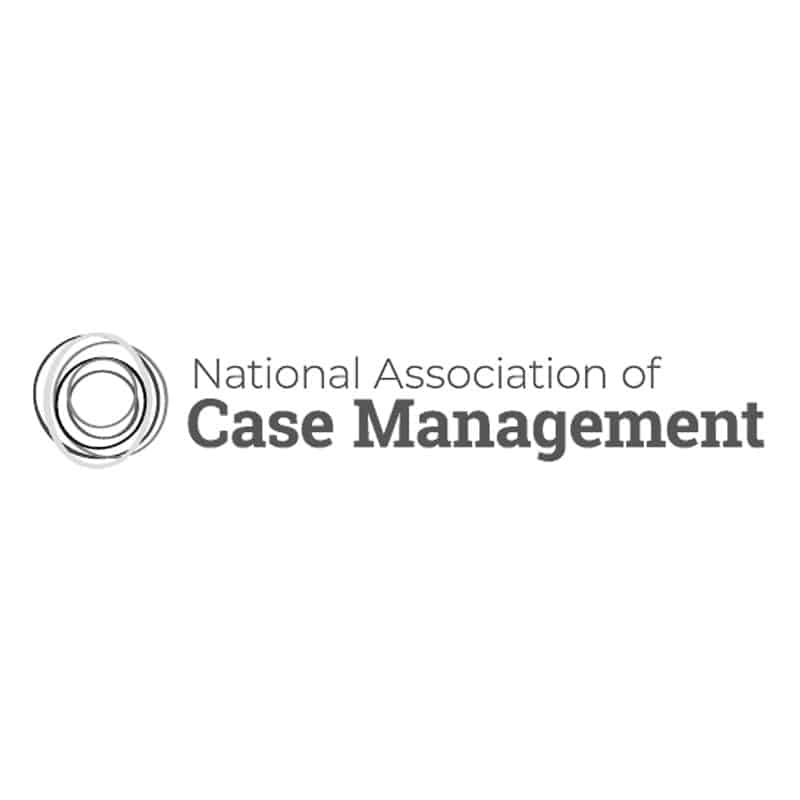By Joyce Marter, LCPC
What is PPD?
Postpartum Depression, also known as PPD, is a persistent low mood or anxious state that lasts 2 weeks or more and significantly impairs functioning. Onset can be any time in 1st year postpartum; many women experience onset during pregnancy (antepartum) or within 6-8 weeks after delivery.
Because some degree of fatigue and low mood is expected after the arrival of a baby, it’s unfortunate that PPD sometimes goes undetected and untreated.
The difference between postpartum depression and the more common “baby blues” is that postpartum depression can seriously affect a woman’s well-being and keep her from functioning for a longer period of time. Baby blues typically lift after a few weeks and is a normal period of adjustment.
Postpartum Depression Symptoms include the following:
o sadness, uncontrollable crying
o fatigue or total exhaustion
o trouble concentrating, confusion
o anxiety
o feelings of guilt and worthlessness
o hopelessness
o disturbances with appetite and sleep
o Lack of interest in the baby/difficulty bonding with the baby
o Mood swings
o And most seriously, sometimes thoughts of harming the baby and/or herself.
There are different types of PPD. Which is the most common?
There are several different postpartum psychiatric disorders.
1. First, there is Postpartum Depression which affects as many as one in ten women. It is important to note that Postpartum Thyroid Disease is equally as common, and may actually be the underlying cause of the PPD in some women. Any woman with PPD symptoms should have her thyroid functioning checked to determine the appropriate course of treatment.
2. There is also Postpartum Anxiety which can manifest as more of generalized anxiety or panic disorder.
3. Postpartum Obsessive-Compulsive Disorder affects about 3-5% of new mothers and consists of obsessions (or intrusive thoughts) about some harm coming to the baby or of the mother harming the baby or both and compulsions (or behaviors) the mother does to reduce her fears and obsessions (like cleaning, counting and other rituals).
4. Postpartum Post-traumatic Stress Disorder: PTSD symptoms caused by a real or perceived trauma during delivery or afterwards.
5. And finally, Postpartum Psychosis which is very severe and involves a break from reality and often requires immediate medical attention. Symptoms include delusions, hallucinations, paranoia and decreased need for or inability to sleep.
What causes PPD?
Postpartum depression seems to be brought on by the changes in hormone levels that occur during and after pregnancy. Any woman can get postpartum depression in the months after childbirth, miscarriage, or stillbirth. Situational factors or stress may trigger or exacerbate PPD.
Is there any way to prevent PPD?
· Pregnant women and their partners can also prepare for the possibility of PPD by talking with their doctors and becoming informed about the symptoms to promote early detection and treatment.
· If a woman has dealt with depression in the past, they should speak about that with their OB-GYN and connect with a psychiatrist or therapist to make sure support systems are in place to reduce the likelihood or severity of a postpartum mood episode.
· Risk of PPD can be reduced with support (from a therapist, support group, friends, family, babysitters) and continued psychopharmacological treatment if the woman is already on medication for depression.
Who suffers from PPD? Is it specific to any demographic or race or ethnicity?
Anyone can suffer – any race, ethnicity, or socioeconomic status. However, there is higher prevalence of PPD in low-income women because they typically have increased stressors and less support.
What are the risk factors for PPD?
· a personal or family history of depression, PPD or mental illness
· stressful events during the past year
· short intervals between pregnancies
· problems in your relationship
· a poor support system
· financial problems or low income
· trauma or abuse
· if the pregnancy was unplanned or unwanted
· if the baby has health issues or is colicky
· And finally, women who have had IVF due to hormone issues
Are all types of PPD curable?
Yes, with appropriate treatment recovery is possible for all postpartum disorders.
What are the treatments of PPD?
· A combination of medication and counseling or therapy is the most effective treatment.
· Many women are reluctant to take antidepressant medication because of fears that it will hurt the baby while “in utero” or during breastfeeding. Some antidepressants can be used during pregnancy and breastfeeding. I encourage women to talk with their doctors about any concerns they have about side effects, however, it can be more dangerous to yourself and your child to NOT take medication if you have serious depression or PPD.
· These women also need support from friends, family, support groups, caregivers, etc.
· They need to have a healthy lifestyle in terms of sleep, nutrition, and exercise.
· For women with postpartum thyroid disorder, they will also need to work with their doctor to treat the thyroid issues.
· For severe cases, the woman may need hospitalization
How do therapists at Urban Balance help treat PPD?
At Urban Balance, we create a safe place for a woman to talk with a therapist who specializes in PPD to talk confidentially about her thoughts and feelings without judgment. Therapists help clients by normalizing and validating feelings and providing information, support and resources.
The research shows that cognitive behavioral therapy is very effective in reducing the symptoms of depression and anxiety. Together, we work with a client to identify thoughts, belief systems and behavioral patterns that are negatively impacting their life. With mothers with PPD, there are often fears that they are a “bad” or inadequate mother that may lead to social isolation, feelings of guilt and anxiety, and low self esteem. We work to restructure those thoughts into more positive belief systems and more proactive behaviors that empower the mother to take good care of herself and receive positive support.
Therapy does not have to cost a fortune. Most insurance plans cover therapy and there UB also offers services at a sliding fee scale.
If someone suffers from PPD during one pregnancy will she experience it again after a 2nd baby?
· No, not necessarily. Recurrence is about 25-50%.
· Women can reduce risk by having a plan in place for prevention and support.
· For women who had PPD with their first pregnancy, we highly recommend the book, “What Am I Thinking? Having a Baby After Postpartum Depression” by Karen Kleiman.
· Postpartum depression can develop after the birth of any child, not just the first.
How long do the symptoms of PPD last?
· If treated, symptoms can improve significantly in a few weeks.
· If untreated, symptoms may last months to years and may become chronic.
How are the children of PPD mothers affected by the illness?
· If a mother is adequately treated, there will be no difference in
· her mothering ability when compared to women w/o PPD.
· However, there are many studies showing that women who suffer from chronic, untreated depression are significantly impaired in their ability to mother. Bonding, attachment and breastfeeding may be impaired. The children of these mothers will show developmental, psychological, and behavioral problems.
How can families and husbands help if they fear their loved one is suffering from PPD?
· Be supportive, accepting and non-judgmental.
· If she is not asking for help herself, but you think she needs it, don’t hesitate to ask a professional for guidance. It is better to over respond than to under respond.
· The NorthShore University HealthSystem has an excellent Perinatal Depression Program and their hotline is 866-364-MOMS. This is available for all people living in the Chicagoland area. They can help with screening, information, resources, crisis support and connecting you with doctors and therapists who specialize in PPD.
· For more information about PPD, visit: www.postpartumprogress.com and www.postpartum.net.
Are there any misconceptions you’d like to clear up about PPD?
· This is a medical illness, not a weakness or a failure or does not mean a woman is a “bad mother”. She did not do anything to cause this or bring it upon herself.
· It is much more common than a lot of people think.
· This is not just baby blues or adjustment, she cannot just “snap out of it”.



























